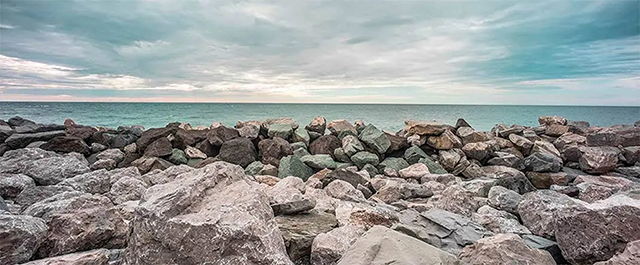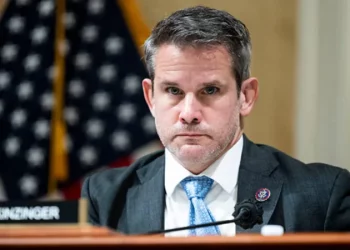In this article, I will try to single out some geopolitical processes that are nowadays affecting Georgia and the South Caucasus in general. These trends are of a long-term nature and often attract far less attention in the Georgian analytical and scholarly circles. The importance of these processes is, however, unequivocal – it can be said that the post-Soviet era in the South Caucasus has ended and a new period characterized by many challenges and opportunities has begun.
Today, crises and hostilities surrounding Georgia have a negative effect on the security of the country. It is hard not to agree with this opinion. However, as will be shown below, this chaotic situation could also help to elevate Georgia’s geopolitical role in the region, and in the long term, could facilitate the country’s further approximation with Western (EU) institutions.
Let us start with the Western policy towards the Black Sea region. In light of the ongoing war in Ukraine, NATO and the European Union are preparing for a more active role in the wider Black Sea region. This does not mean that Moldova, Ukraine and Georgia will definitely join NATO and the European Union in the near future, although it can be said for sure that the military-economic activity of the West will increase dramatically. The infrastructure projects announced at the moment and the granting of EU perspective/candidate status to Moldova, Ukraine and Georgia clearly indicate one thing: A new phase of confrontation between the West and Russia has begun, where the Black Sea region and the South Caucasus will take center stage.
Today, Georgia plays a far bigger role in the Black Sea region than it did before 2022. The reason is simple: The collective West needs direct land connection to the Caspian region, Central Asia, and China, which bypasses Russian territory. Georgia is practically the only corridor for this, and though it was an important player until 2022, against the background of the currently changing trade and transit routes, the country’s role has significantly increased. It can be safely argued that Georgia has never been in such a comfortable transit position in its history. Neither in the 1990s, nor in the 19th century, when oil was exported from Baku to Georgia’s Black Sea ports, nor in the golden age of Georgian history, when at the beginning of the 13th century, during the reign of Queen Tamar, the Georgian kingdom controlled regional trade routes.
However, caution is needed here. In the modern era, Georgia should not only be an attractive transit country, but rather should start thinking beyond its role as a transit geography. Transit is important and should be a major tool in the positioning of the country. But it should not be the sole cornerstone of foreign policy. In today’s changing geopolitical situation in the wider Black Sea region, Georgia is presented with much more opportunities to strengthen its role, which should include the use of other foreign policy components along with the geographic transit.
A second important process is taking place in the immediate neighborhood of Georgia. Azerbaijan, victorious in the second Nagorno-Karabakh War, faced a difficult reality. Its lightning military success and subsequent pressure on a weakened Armenia caused great resentment in Iran. Baku and Tehran entered into a long-term and, most importantly, much larger-scale rivalry. Where, since the 1990s, the threat to Azerbaijan has come only from Armenia, from now on, Baku’s careful gaze is on both the western and southern borders.
There is no doubt that Azerbaijan and Iran will try to maintain pragmatism in their bilateral relations, but as time goes on, it will become increasingly difficult to do so. From the point of view of the Islamic Republic, a kind of Turkic-speaking arc is being established along its northern border, and the only missing link for its complete formation is Armenia’s southernmost Syunik province.
Iran’s opening of a consulate in Kapan (an important city of Syunik) in 2022 was a political message that Tehran would oppose border changes in the South Caucasus and more specifically in Armenia. To this should be added Iran’s annual military exercises near the border of Azerbaijan, and Tehran’s much strengthened economic and political relations with Armenia.
Read Part 2.
Analysis by Emil Avdaliani
Emil Avdaliani is a professor at European University and the Director of Middle East Studies at the Georgian think-tank, Geocase.













